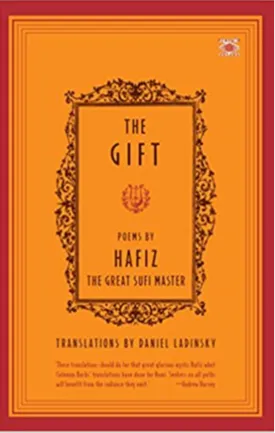Hafiz
Hafiz (c. 1320 – 1389/90) is an extraordinarily renowned Sufi poet, mystic and philosopher from Persia. He wrote a great deal of poetry which has been greatly admired, not only by Persians, but throughout the world. His works gained attention due to their deeply spiritual elements, and because of this he has come to be known as the "Tongue of the Unseen".
Hafiz was born into a humble family in the city of Shiraz in 1320. He was trained to recite the Qur'an, and also studied Islamic Law, but it wasn't until he made a pilgrimage to Mecca that his spiritual journey began. There, he experienced a spiritual awakening, learned of Sufism, and was brought back to his hometown.
Throughout his life, Hafiz composed and recited several thousand poems which drew upon his personal experience, belief and abstraction. His works made a great impact on Persian Literature and Culture, addressing issues such as love, life and death, Sufism, the nature of God and the world, and the relationship between body and soul. He believed that if one wished to live life to the fullest, a spiritual journey was necessary.
His poems were so revered during his lifetime that a royal entourage was dedicated to collecting them, although only 550 gnome-like pieces of his poetry remain. He's also been praised by many other renowned authors, such as Emerson and Goethe.
Hafiz was a popular poet in India, China, Turkey, and Afghanistan, but it was in 19th-century Europe that his works were first widely translated and distributed. In Germany, there was particular interest in the poet, and he inspired a number of authors, including the playwright Goethe, who held him in such high esteem that he said, "When I could no longer bear life's hardships, I read Hafiz and was comforted.”
Hafiz was open in his approach to belief and spirituality, which explains why he is still celebrated today. His works continue to be widely read and enjoyed throughout the Middle East and in Western countries. He has inspired countless generations to explore their own personal spiritual journey and live life to their fullest potential. His works are beautifully written and provoke a strong emotional response, allowing readers to connect with the ideas they contain. This universal appeal and timelessness have made Hafiz a deeply beloved figure in literature.

